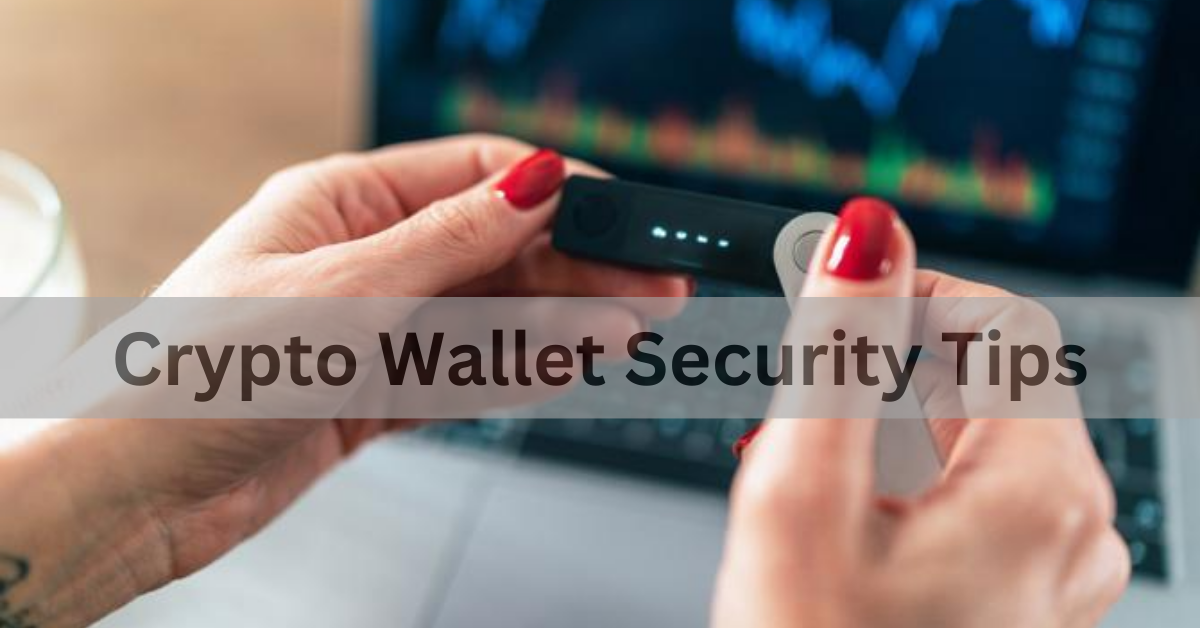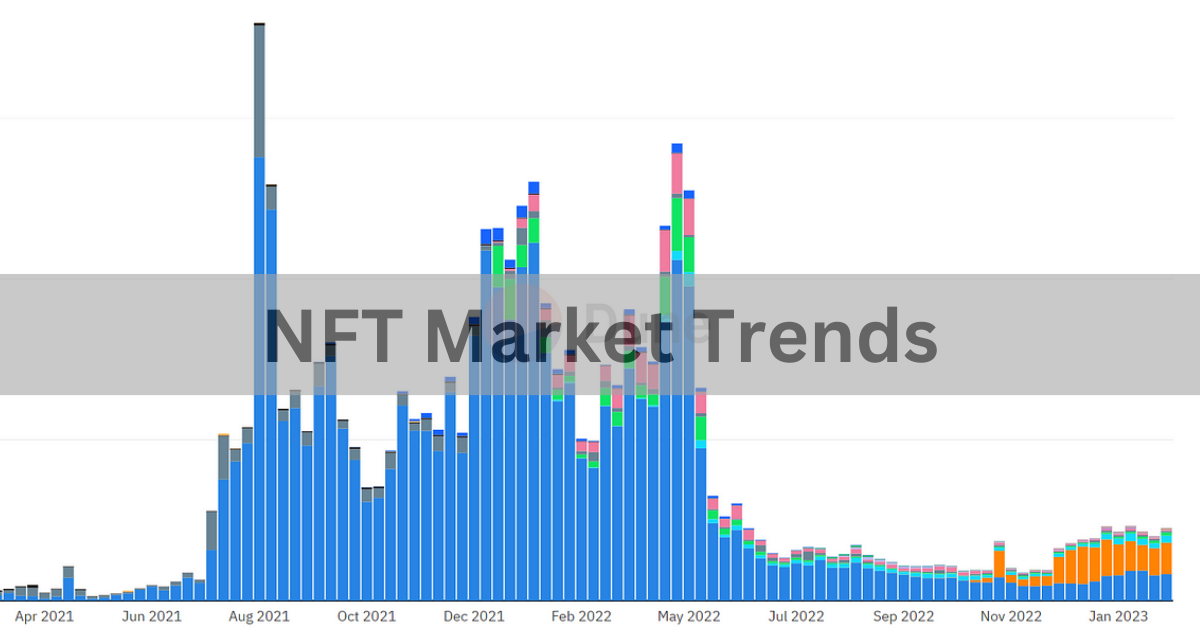Introduction to Crypto Wallet Security
Crypto wallets are digital tools that store private keys used to access and manage cryptocurrencies securely. As digital assets gain popularity, ensuring robust security measures for crypto wallets becomes paramount to protect against theft, hacking, and unauthorized access. Implementing effective security tips mitigates risks and safeguards your valuable investments in the decentralized world of cryptocurrencies.
Essential Crypto Wallet Security Tips
1. Choose a Secure Wallet
Select a secure crypto wallet based on your needs and preferences. Options include:
- Hardware Wallets: Physical devices storing private keys offline, minimizing exposure to online threats.
- Software Wallets: Mobile or desktop applications offering convenient access with varying security features.
- Paper Wallets: Printed documents containing private keys, kept in a secure location away from unauthorized access.
2. Enable Two-Factor Authentication (2FA)
Two-factor authentication (2FA) adds an extra layer of security by requiring two forms of verification (e.g., password and authentication code) to access your crypto wallet. Enable 2FA on your wallet and associated accounts to prevent unauthorized logins and protect against phishing attacks.
3. Backup Your Wallet
Backup your crypto wallet regularly to secure access to funds in case of device loss, damage, or theft. Store backup phrases or recovery seeds in a secure, offline location. Avoid storing backups digitally or in locations vulnerable to hacking or physical theft.
4. Keep Software Updated
Update wallet software and applications promptly to patch security vulnerabilities and ensure compatibility with the latest security protocols. Regular updates enhance wallet security and protect against emerging threats or exploits.
5. Use Strong Passwords and Secure Networks
Create strong, unique passwords for wallet access and avoid using easily guessable information. Use a reputable password manager to generate and store complex passwords securely. Access your crypto wallet only from secure, trusted networks to prevent interception of sensitive information.
6. Beware of Phishing Scams
Be vigilant against phishing scams targeting crypto users through fraudulent emails, websites, or social media messages. Verify the authenticity of communication, avoid clicking suspicious links, and never disclose private keys, passwords, or recovery seeds to unknown or unverified sources.
7. Split Assets and Diversify Storage
Split your crypto assets across multiple wallets or storage solutions to minimize risk in case of a security breach or theft. Diversifying storage options, such as using different types of wallets (hardware, software, paper), adds layers of protection and reduces the impact of a single point of failure.
Additional Security Considerations
1. Public Wi-Fi and Physical Security
Exercise caution when accessing crypto wallets over public Wi-Fi networks to prevent unauthorized access or interception of data. Maintain physical security of devices and storage media containing sensitive information to prevent theft or loss.
2. Regular Monitoring and Alerts
Monitor wallet transactions and account activity regularly for unauthorized or suspicious activity. Set up transaction alerts and notifications to detect unusual withdrawals or login attempts promptly, taking immediate action to secure assets and investigate potential security breaches.
Conclusion
Implementing robust security measures is essential to safeguard crypto wallets and protect digital assets from evolving cyber threats. By following these crypto wallet security tips, investors can enhance protection, mitigate risks, and maintain confidence in managing and storing cryptocurrencies securely in the decentralized landscape.


